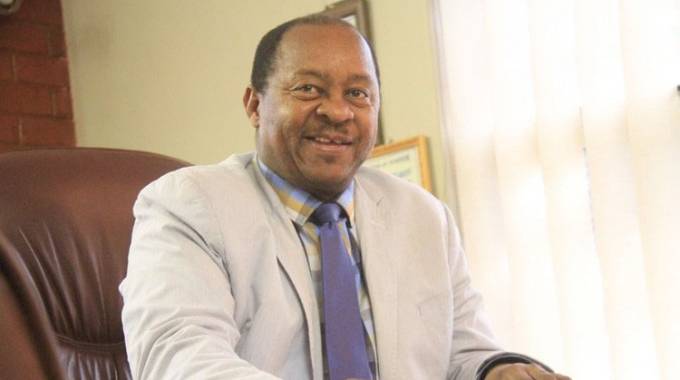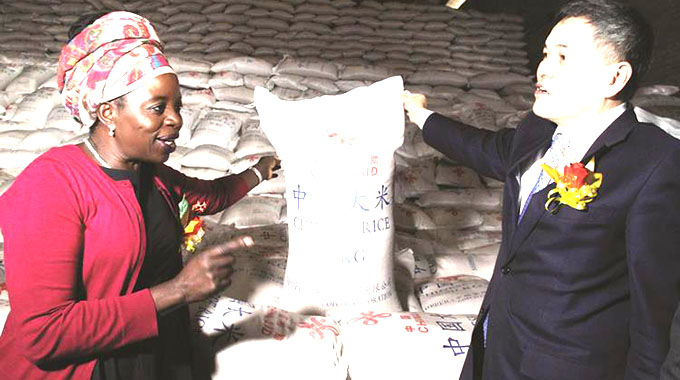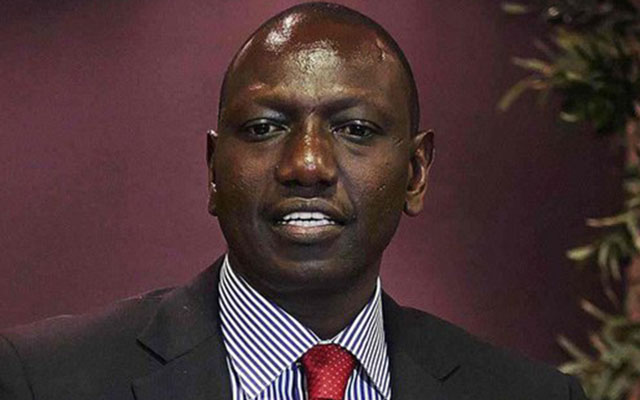Call to fund NCDs

Paidamoyo Chipunza Senior Health Reporter
Government has challenged the global community to consider extending funding to non-communicable diseases treatment instead of “earmarking” funding to specific diseases as it is undermining universal health coverage.
Although the country’s health sector is largely dependent on development partners, much of the funding is earmarked towards particular areas which include HIV and Aids, malaria, TB and maternal mortality.
Speaking at the 72nd session of the World Health Assembly (WHA) underway in Geneva, Switzerland, which is running under the theme “Universal health coverage: leaving no one behind,” Health and Child Care Minister Dr Obadiah Moyo bemoaned underfunding in some key areas of health.
“We are concerned that non-communicable diseases remain an area that is seriously underfunded. In that regard, we call for less earmarked financial resources in general, and in particular we call for the significant scaling up of resources for underfunded areas,” said Dr Moyo.
In relation to other neglected challenges, Dr Moyo said snake bites were becoming an issue of concern.
“The case of snake bites deserves the serious attention of all stakeholders. With one person dying from snake bites every four minutes, this health crisis should feature high on the global health agenda. It is indeed an indictment of us all that there is disproportionately low attention, inadequate resources and research and development going towards addressing this challenge,” he said.
Dr Moyo said in line with the country’s commitments during the 71st session of the WHA, Zimbabwe was looking forward to constructing at least 10 health posts in each district, with a special focus in rural areas.
“The Assembly may recall that Zimbabwe made some commitments last year, with regards to establishment of health posts. I am pleased to inform the Assembly that construction has begun on four health posts in front runner districts.
“Our Government has plans to build ten additional health posts in each of our 63 districts focusing on remote areas,” said Dr Moyo.
He said community healthcare workers who will be manning these facilities have since been trained and primary care nurses were identified.
Dr Moyo said introduction of the Health Levy and the earmarked National Health Insurance Scheme are also meant to fulfil Zimbabwe’s commitments to universal health coverage.
He said high prices and shortage of medicines remain severe threats for health systems and, in that regard there was need for mechanisms that ensure fair pricing of medicines.









Comments